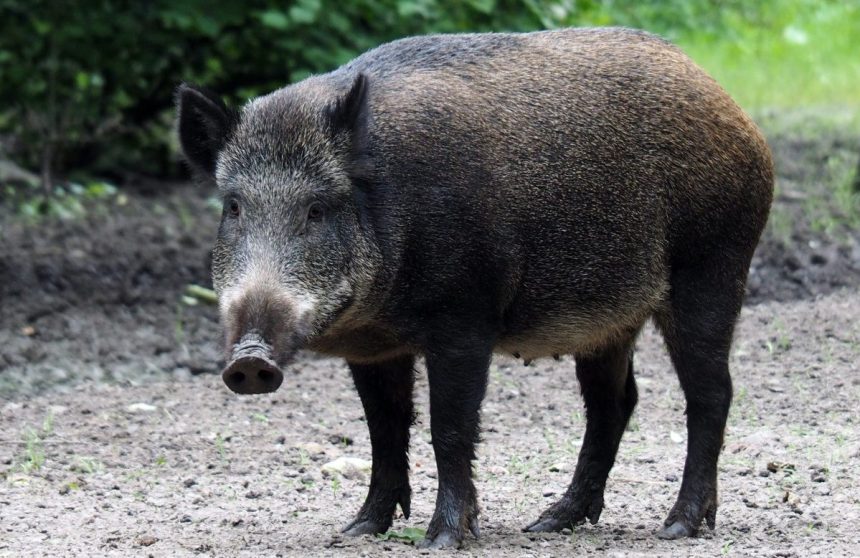During the 2020 Legislative Session, legislation was passed that authorizes the Commissioner of Agriculture and Commerce to provide technical guidance and outreach to landowners, farmers, and producers for the management of nuisance wildlife on private agricultural and forestry lands, and to partner with state and federal agencies regarding nuisance wildlife management and to promote awareness across the state.
This week, Ag Commissioner Andy Gipson signed a Memorandum of Understanding with USDA APHIS Wildlife Services (WS) to enhance the ability for MDAC and WS to work together to monitor and control threats to human health and agricultural crops such as diseases spread by wild hogs and bird depredation on aquaculture.

“The Mississippi Department of Agriculture and Commerce and USDA APHIS Wildlife Services have worked together closely for many years to implement the state’s Beaver Control Program, which helps provide relief to beaver-affected landowners on private and state-owned lands,” said Commissioner Gipson. “Signing the Memorandum of Understanding expands collaborative efforts between our two agencies that will assist farmers and ranchers in managing nuisance wildlife species on their properties.”

“USDA APHIS Wildlife Services is extremely pleased to sign the Memorandum of Understanding with the Mississippi Department of Agriculture and Commerce. Our two agencies have had a long, outstanding working relationship together,” said USDA APHIS Wildlife Services State Director Kris Godwin. “The signing of this document solidifies that relationship. We look forward to continuing working with the Mississippi Department of Agriculture and Commerce and agriculture producers across the state.”
One new collaborative effort between MDAC and WS will be the expansion of wild hog disease surveillance into Southwest Mississippi through the MDAC Wild Hog Control Program (WHCP). In Mississippi alone, wild hogs cause more than $60 million in damages annually, and they carry diseases that pose a great threat to humans and livestock. This will be a great opportunity for a state agency, federal agency, and farmers to work together.







